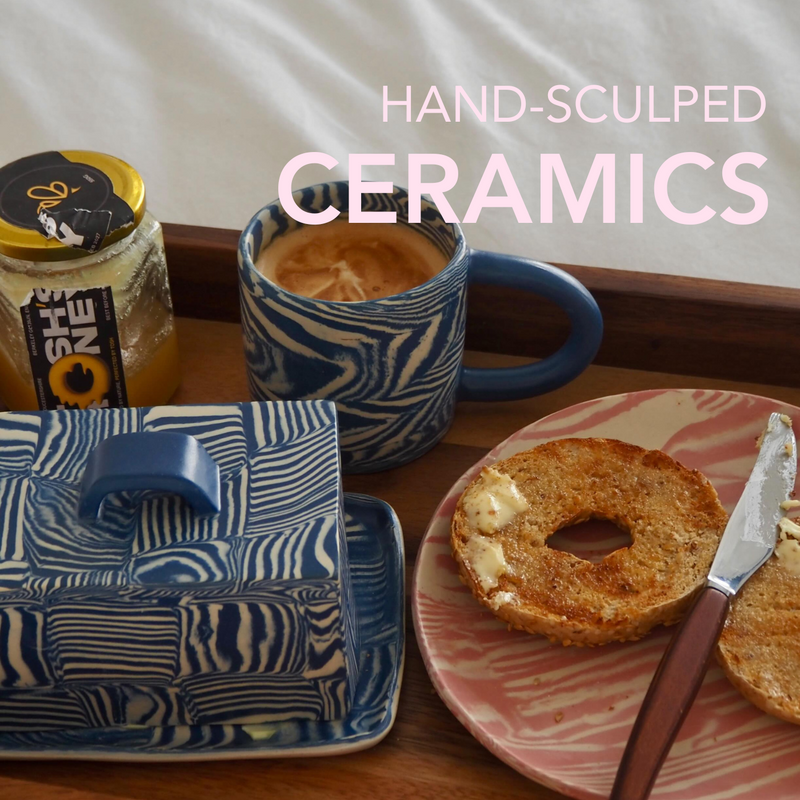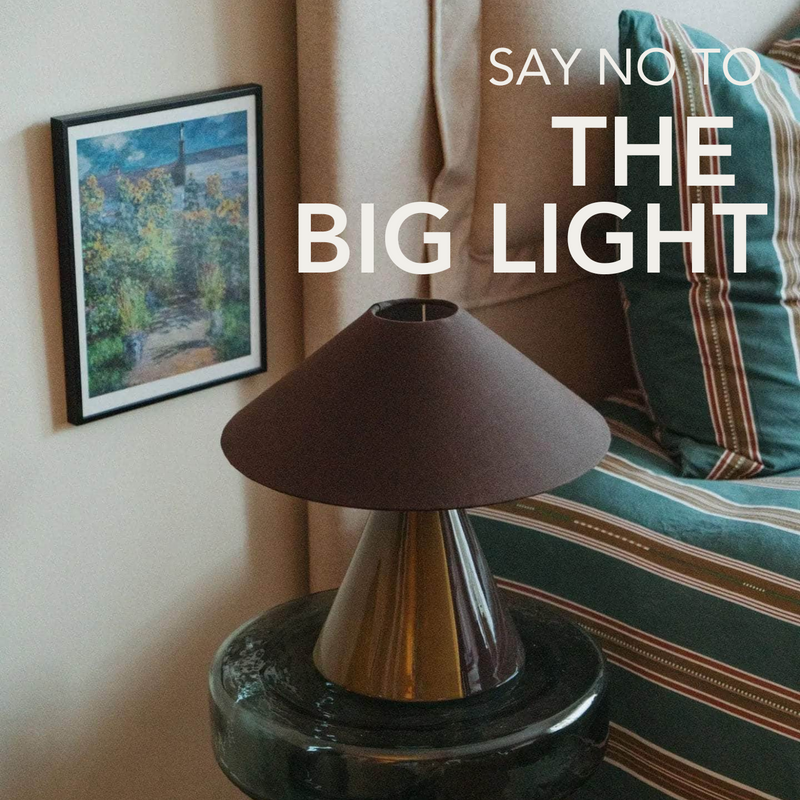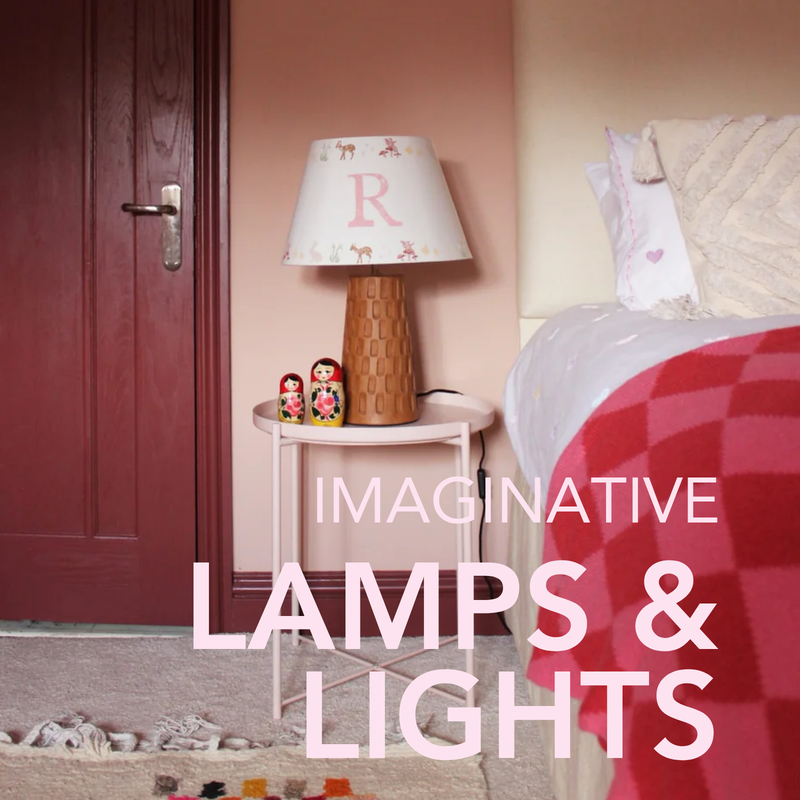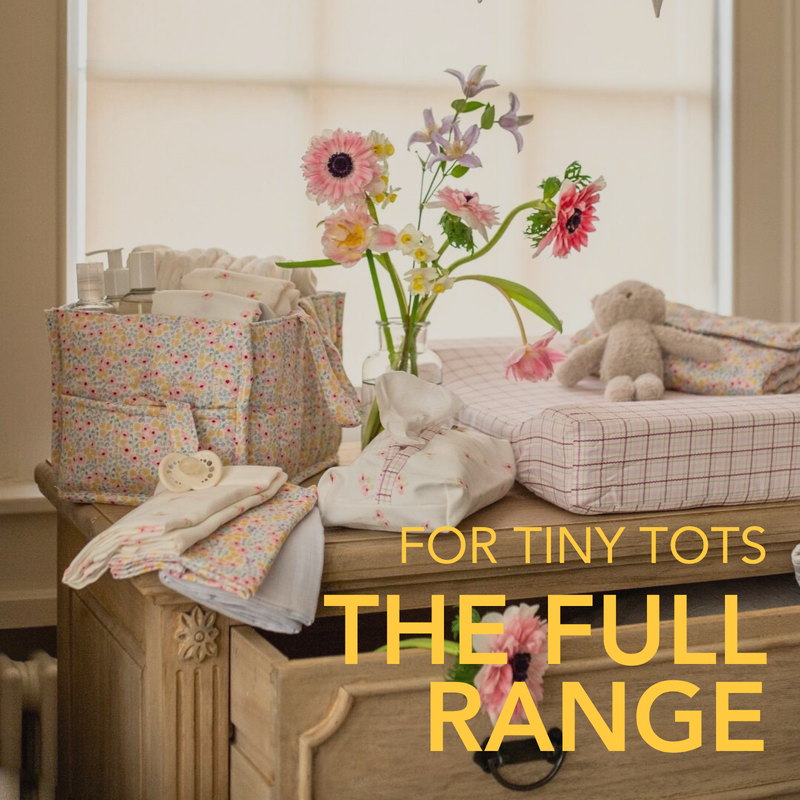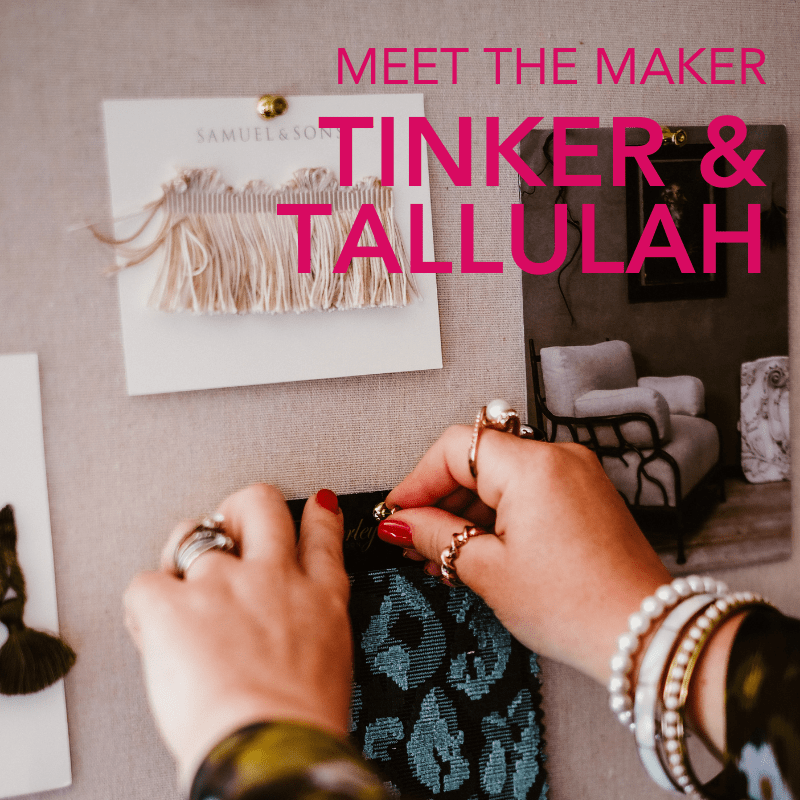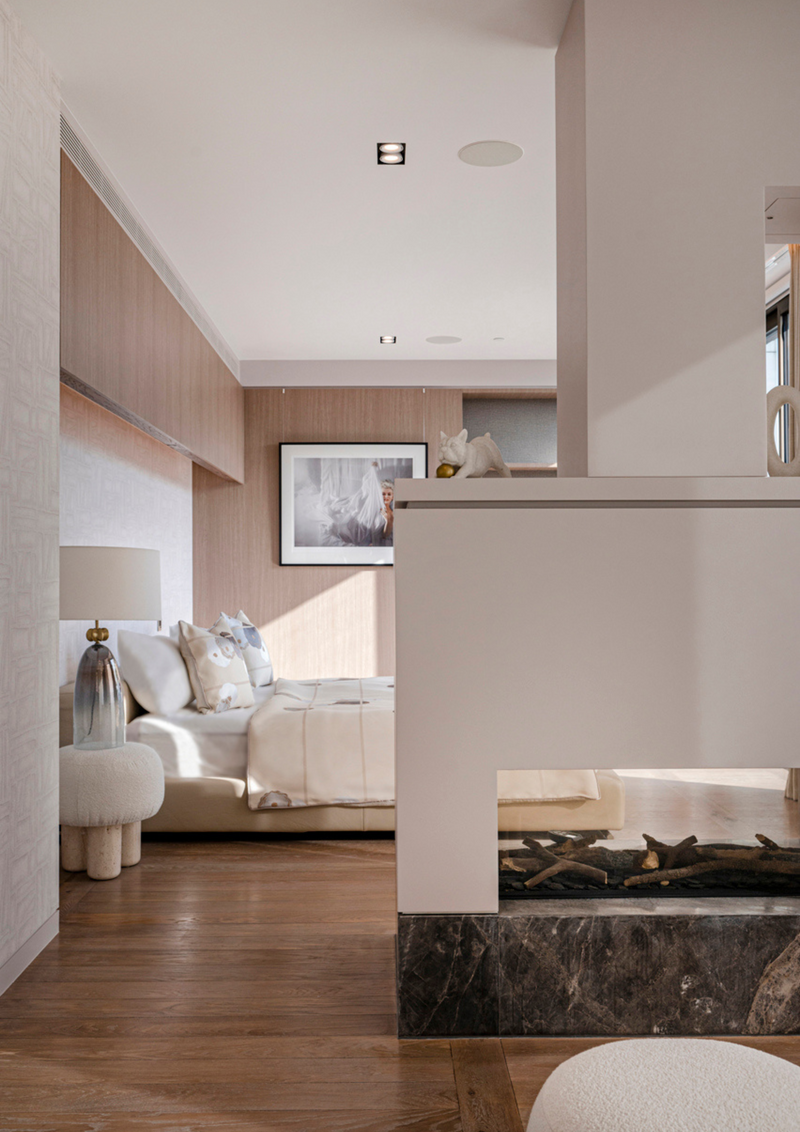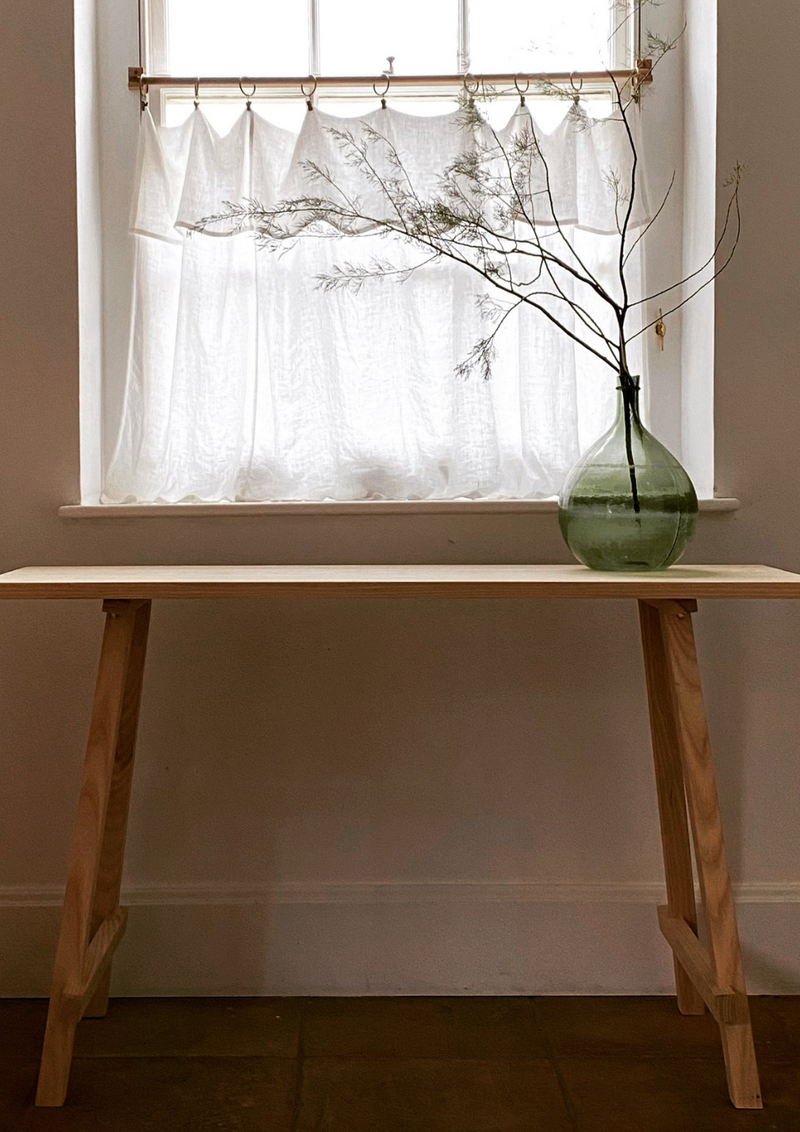This store requires javascript to be enabled for some features to work correctly.
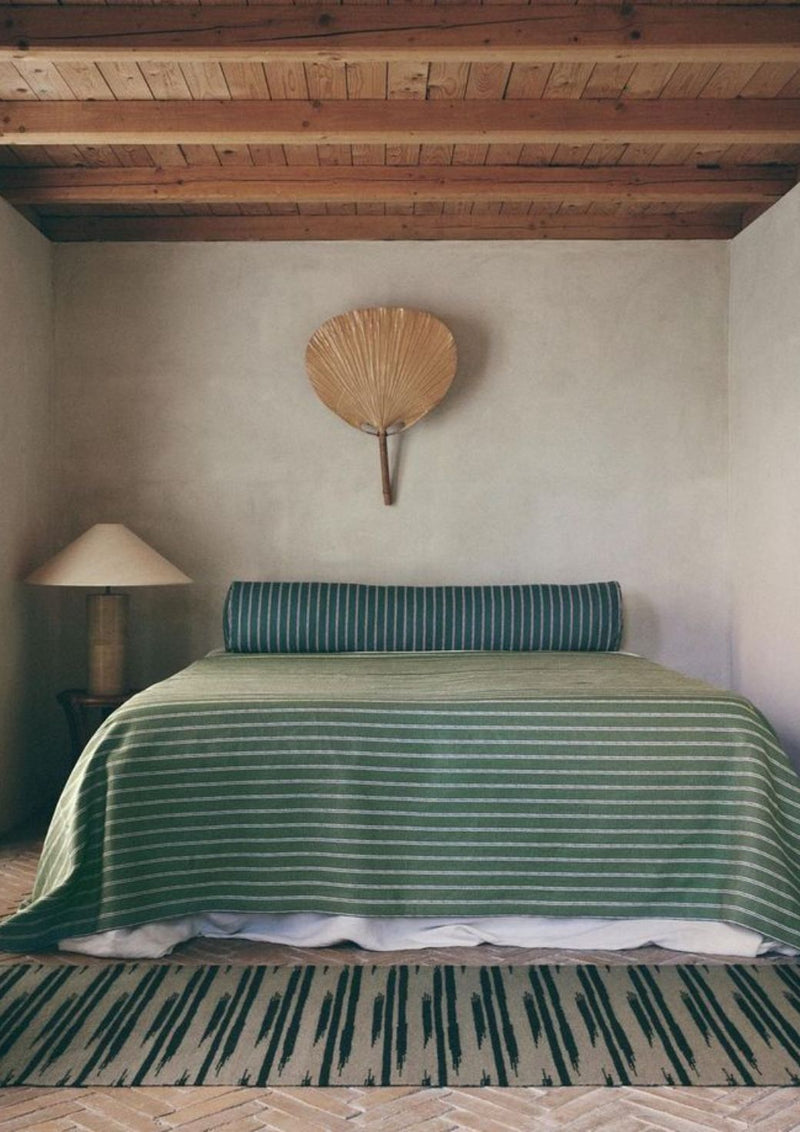
Feng Shui for Bedrooms: Creating a Serene and Harmonious Space
Feng Shui, the ancient Chinese art of spatial arrangement, isn’t just about aesthetics—it’s about balance, energy, and well-being. Nowhere is this more important than in the bedroom, a space dedicated to rest and renewal. Whether you’re redesigning your sanctuary from scratch or making subtle adjustments, incorporating Feng Shui principles can transform your bedroom into a haven of tranquillity and style. For a deeper dive into the fundamental Feng Shui principles, explore these essential rules for living rooms that can also inspire your bedroom design. But for now, let’s focus on what makes a bedroom truly feel like a safe haven.
By Marie Winckler
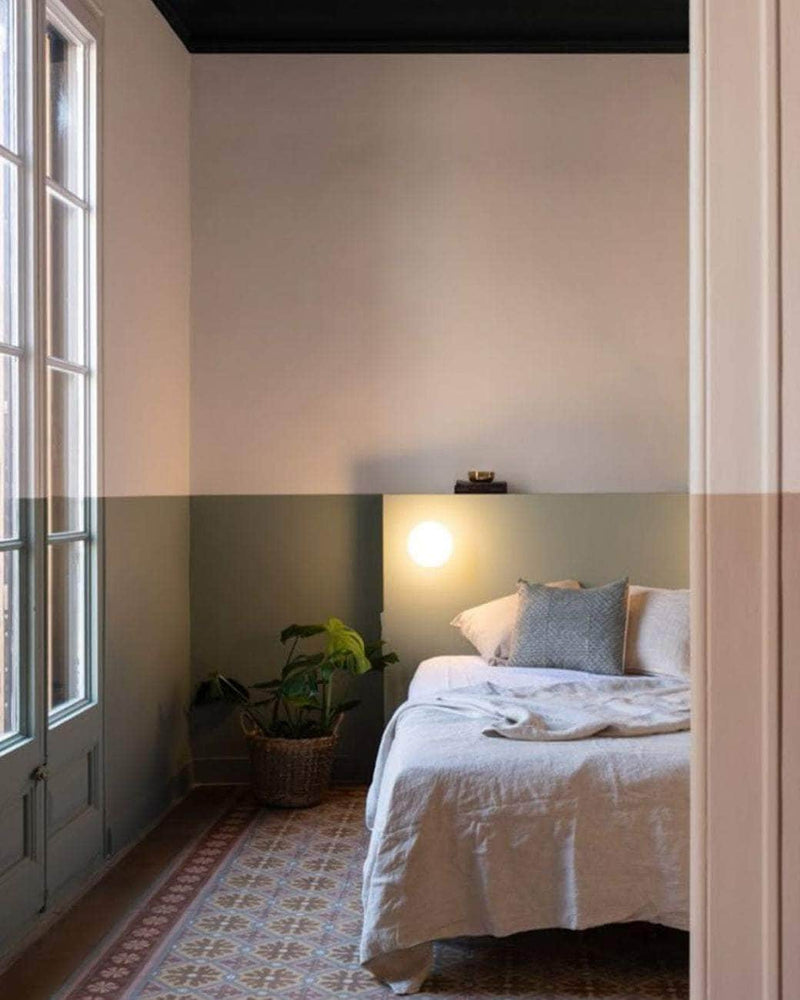
What Are the Core Feng Shui Principles for a Bedroom?
At its heart, Feng Shui is about the flow of energy—Chi—and how it moves through a space, shaping how we feel within it. In the bedroom, this energy should invite calm, comfort, and a gentle sense of balance. The bed, ideally, sits in the “command position,” where you can see the door without being directly in line with it—a quiet nod to security and ease. Harmony comes through pairs: nightstands, lamps, elements that mirror each other without needing to match perfectly. Keep surfaces clear and the space free from unnecessary clutter; Chi doesn’t like to get stuck, and neither do we. Storage should feel considered, beautiful, and purposeful. And when it comes to lighting, soften the edges—rounded shapes, warm glows, pieces that feel as at home in the bedroom as they would in a cosy living room. The aim? A space that feels curated, never overworked. A place where rest comes easily.
Are you an Interior Designer?
Join our Trade Program—a curated community of design professionals with exclusive access to bespoke pieces, trade pricing, and personalised support.
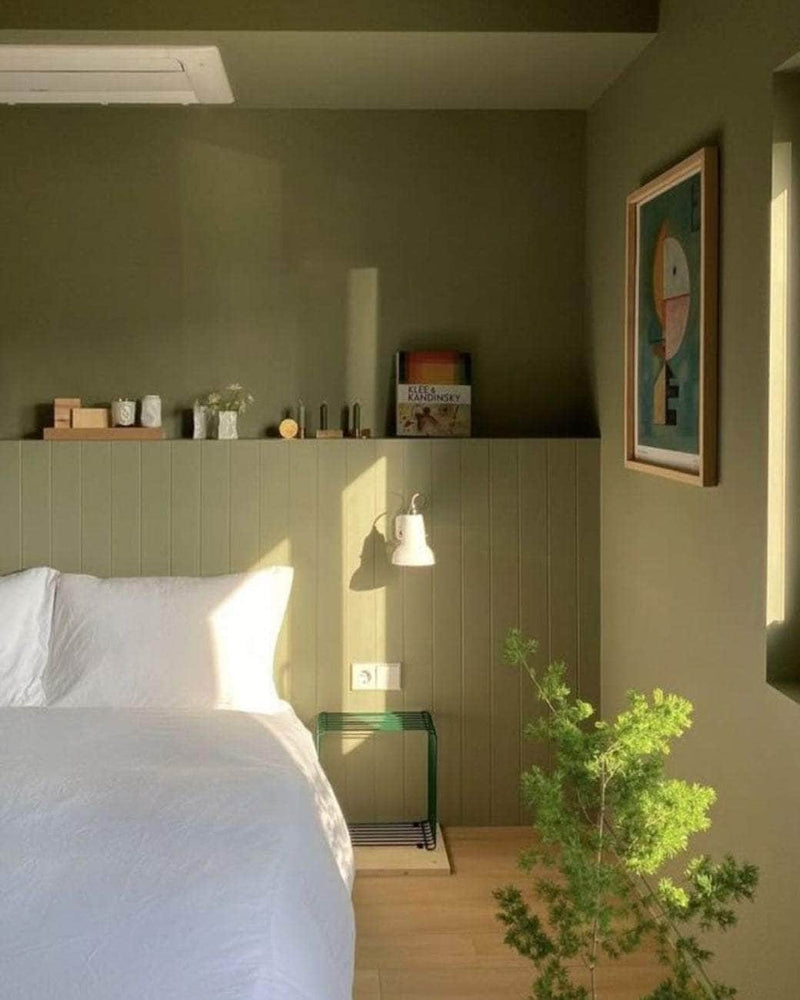
What Colours Work Best for a Feng Shui Bedroom?
Colour plays a crucial role in Feng Shui, influencing mood and energy levels. The best bedroom hues should be soothing, nurturing, and connected to natural elements:
✔ Earth Tones: Shades of beige, soft browns, and warm taupes create a grounded, stable energy.
✔ Soft Blues and Greens: These colours promote relaxation and mimic natural landscapes, bringing the essence of calm waters or lush forests indoors.
✔ Gentle Pinks and Peaches: Perfect for enhancing romance and intimacy while keeping the energy soft and harmonious.
Avoid overly stimulating shades like bright reds, harsh whites, or neon tones. Think of a boutique hotel suite—elegant, understated, and designed to lull you into relaxation.
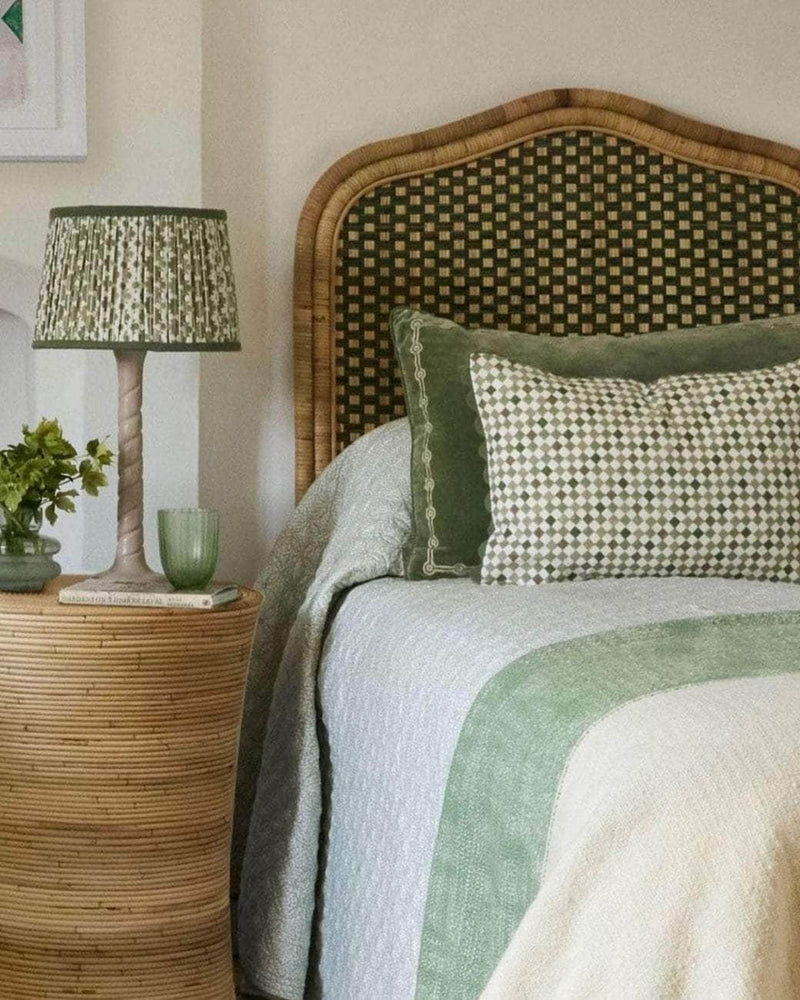
How Should You Arrange Your Furniture for Good Feng Shui?
Furniture placement affects how energy flows in your bedroom. Here’s what works best:
✔ Centre the Bed: Positioning your bed centrally with equal space on both sides fosters balance and ease of movement.
✔ Avoid a Mirror Facing the Bed: Mirrors can bounce too much energy around, potentially disrupting sleep. If you love a mirrored wardrobe, position it so it doesn’t directly reflect the bed.
✔ Use a Solid Headboard: A sturdy, well-made headboard symbolises support and stability in life. Opt for one in natural materials for an added organic touch.
✔ Incorporate Natural Elements: A vintage Murano glass lamp next to a clean-lined travertine side table from Maison Flâneur? That’s how you create balance.
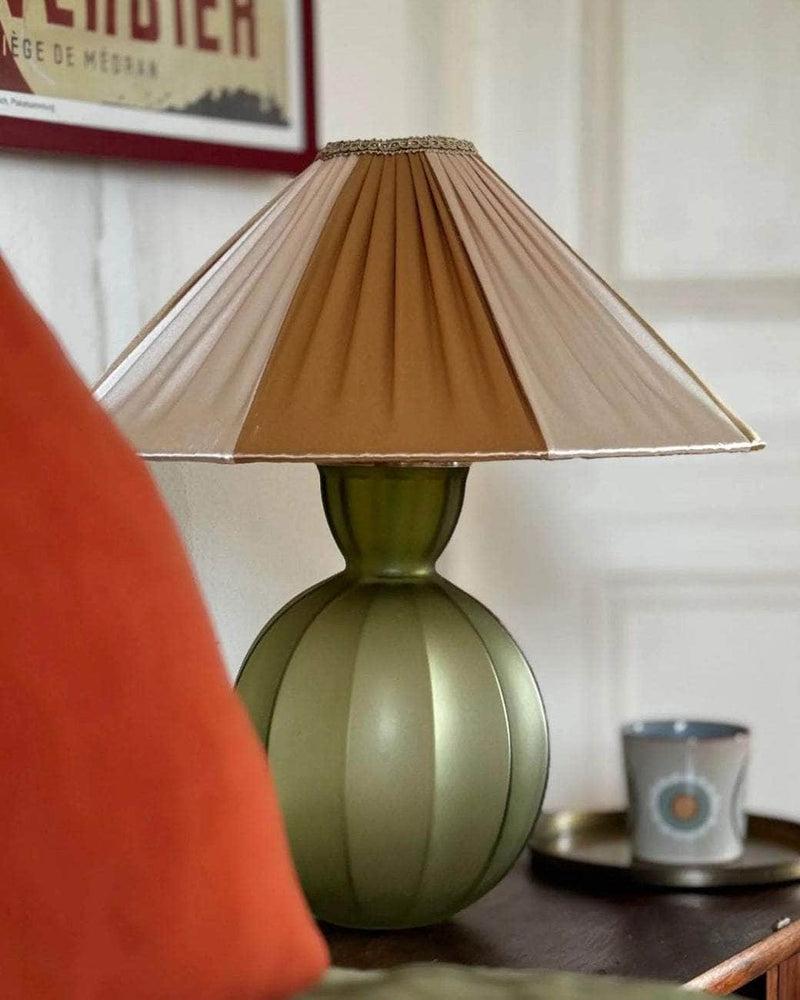
What Bedroom Accessories Enhance Feng Shui?
Accessories aren’t just decorative; they shape the energy of your space. Here are some must-haves:
✔ Soft Lighting: Layered lighting helps balance the mood. Consider wall sconces or table lamps that emit a warm, soothing glow.
✔ Quality Bedding: Invest in luxurious, breathable fabrics like linen or organic cotton for better sleep and comfort.
✔ Plants for Purification: Snake plants and peace lilies filter the air and introduce vibrant, fresh energy.
✔ Artwork with Meaning: Choose art that evokes peace and joy—avoid chaotic or dark imagery that might disrupt harmony.
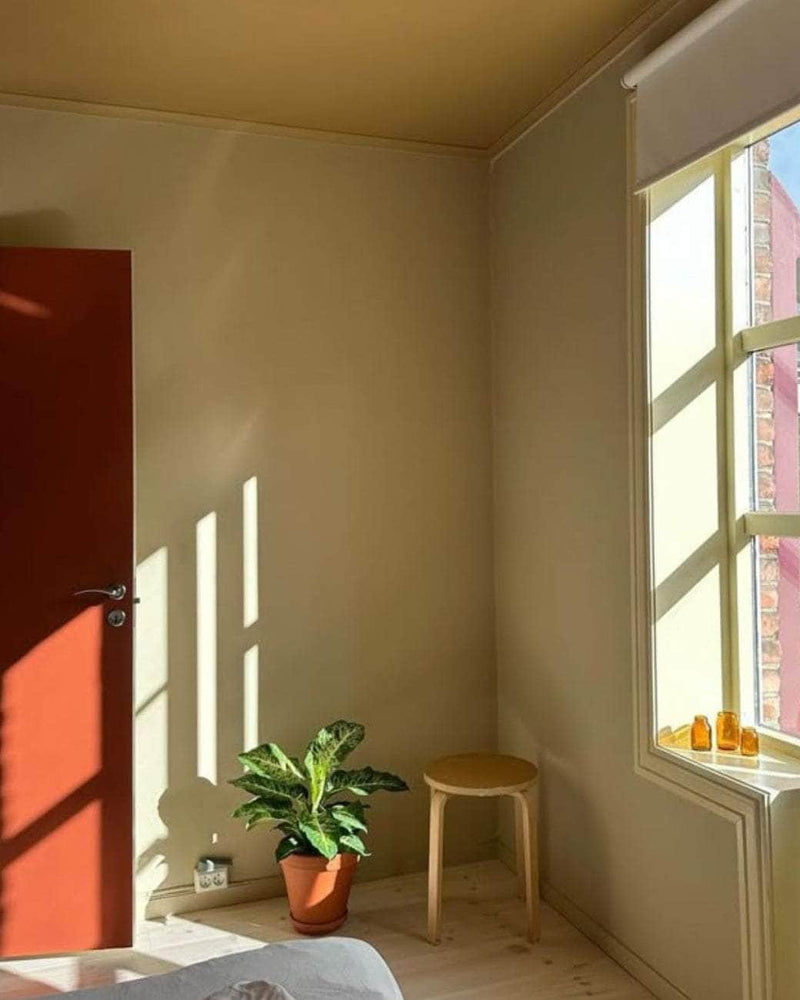
What Are the Feng Shui Bedroom Mistakes to Avoid?
Even well-intentioned design choices can hinder good Feng Shui. Here’s what to watch out for: Electronics near the bed, such as TVs, laptops, and phones, emit electromagnetic energy that can disrupt your rest, so it’s best to keep them out of reach—or even better, out of the room entirely. Avoid storing items under the bed, especially if they are old or carry emotional weight, as this can block the natural flow of energy. Similarly, placing a bed against a window may weaken the feeling of stability and protection, but if this arrangement is unavoidable, using thick curtains or blinds can help create a sense of enclosure and security. Feng Shui is not about rigid rules—it’s about finding balance and personalising your space in a way that makes you feel good. Think of it as a conversation between design and energy flow. At Maison Flâneur, we believe that the best interiors feel collected, not decorated. So, embrace curation, experiment with textures, and trust your intuition—your perfect Feng Shui bedroom awaits!
THE CURATION
Soft Design
FAQ
How can I improve my bedroom’s Feng Shui on a budget?
Start by decluttering, adjusting your bed placement, and incorporating natural elements like plants or wooden furniture. Small changes can make a big difference.
Is it bad Feng Shui to have a mirror in the bedroom?
It depends! If placed thoughtfully, mirrors can reflect light and energy positively. However, avoid positioning them directly across from the bed.
What is the best material for a Feng Shui-friendly headboard?
Wood or upholstered headboards provide grounding and stability, making them the best choice for good Feng Shui.
Can I use bold colours in a Feng Shui bedroom?
Yes, but use them sparingly. Deep blues, muted greens, and rich earth tones work well in accents rather than as dominant colours.


